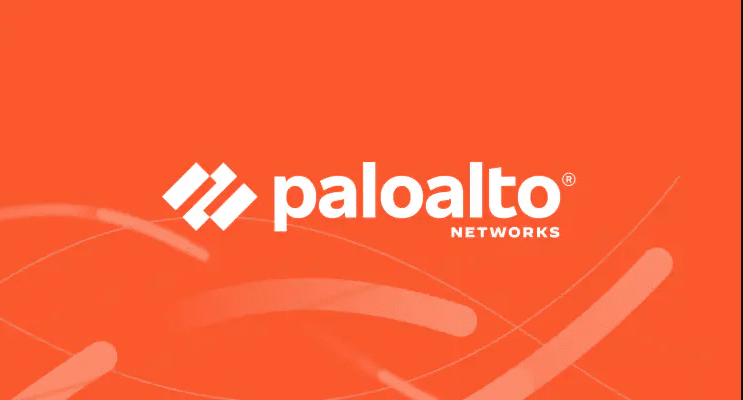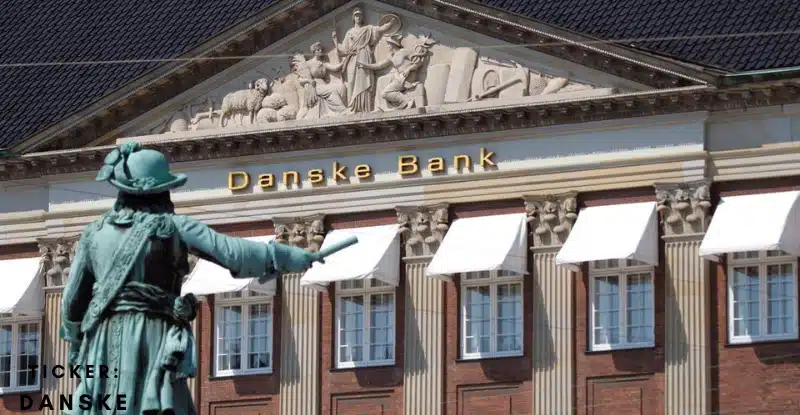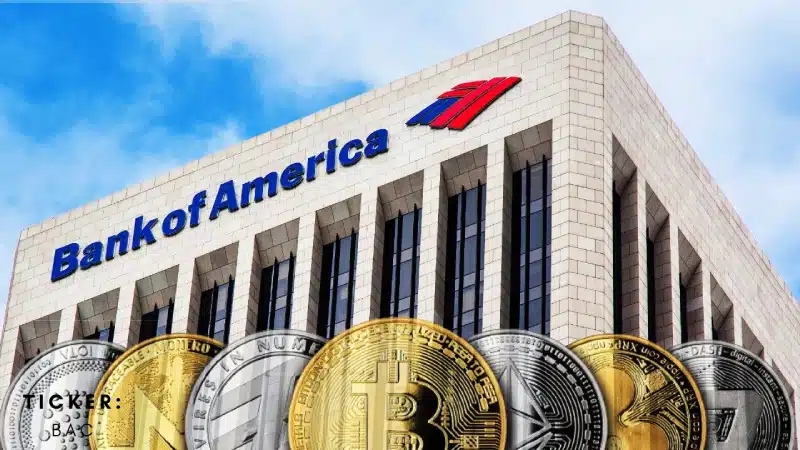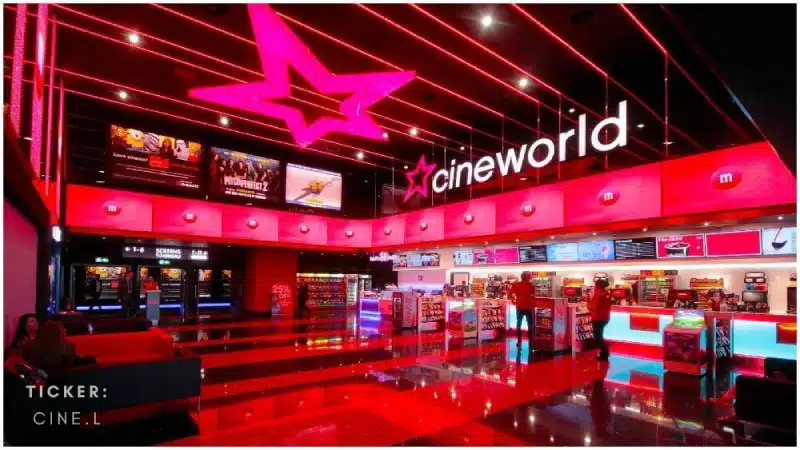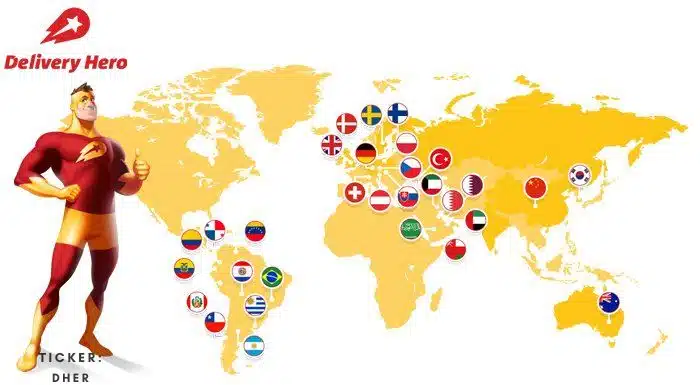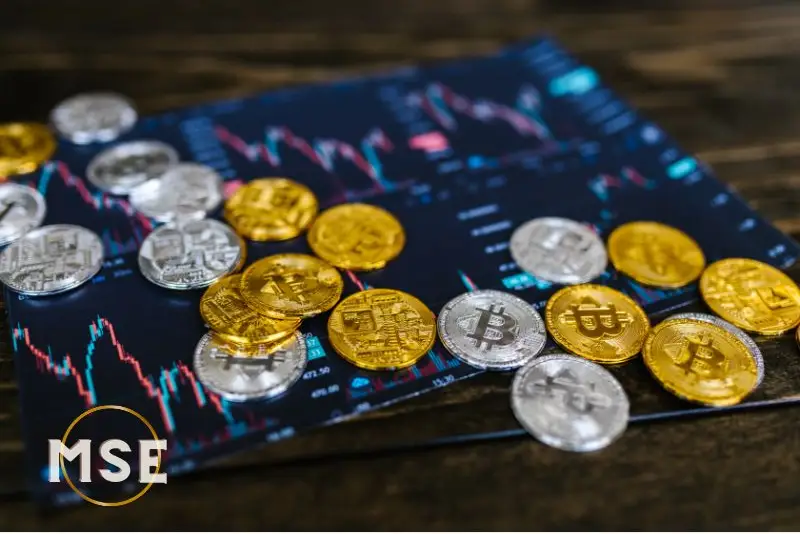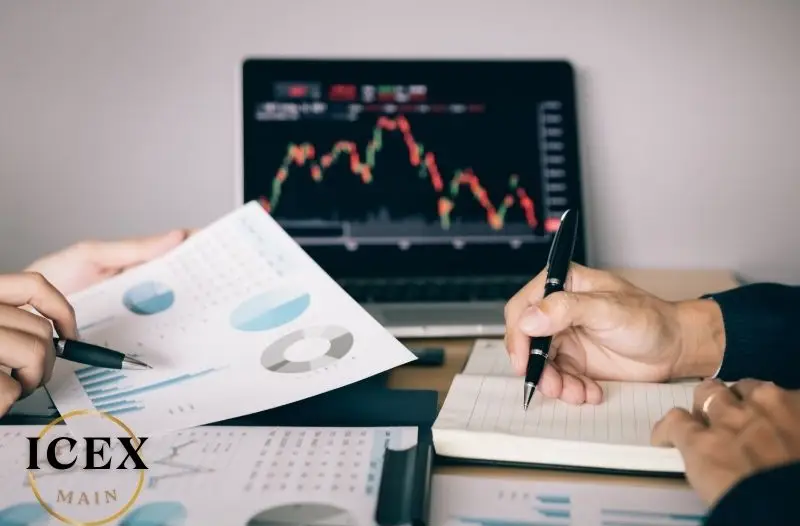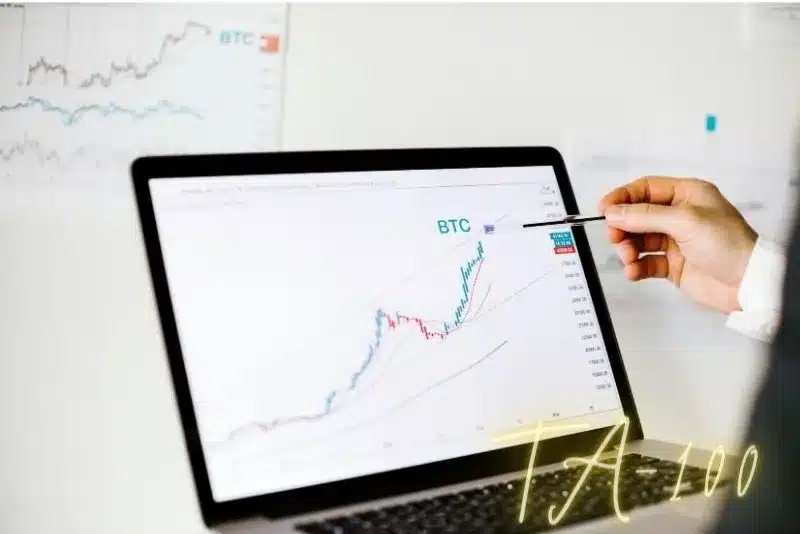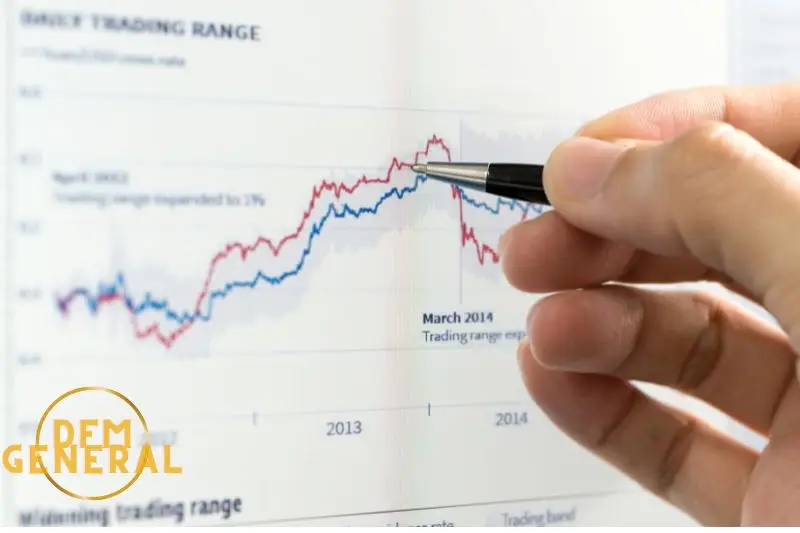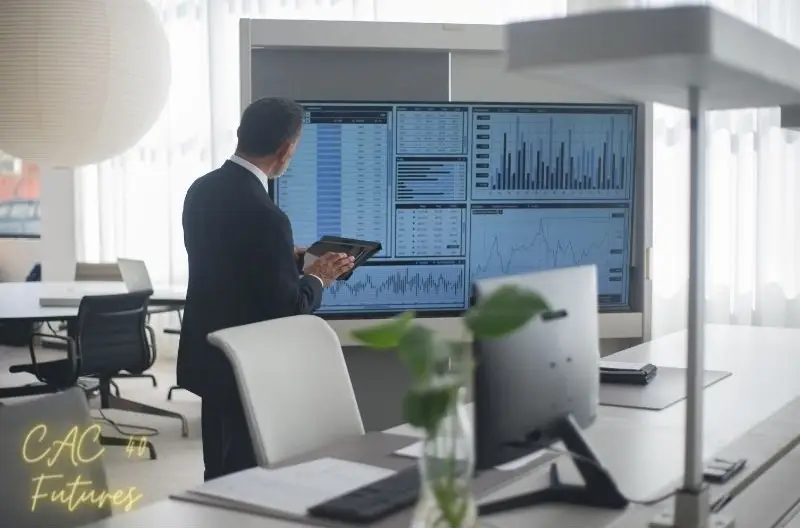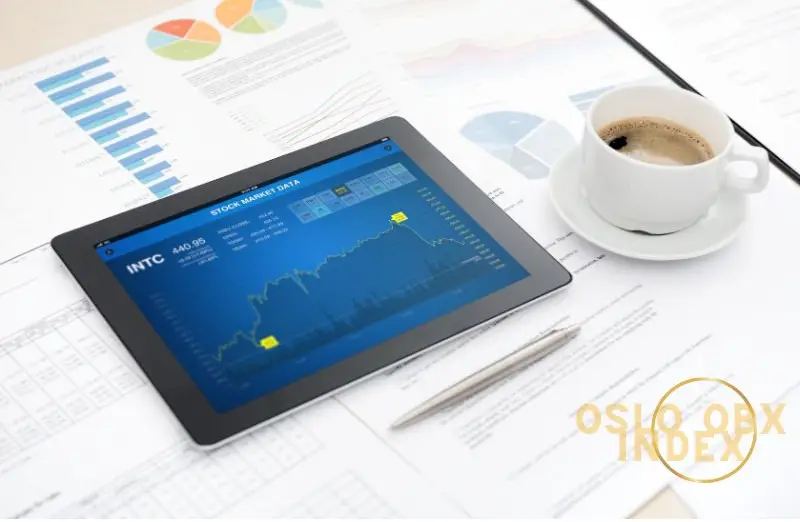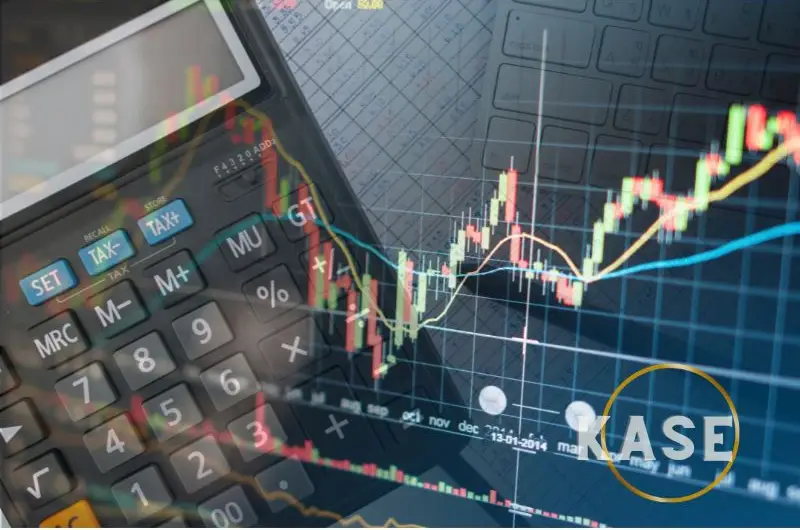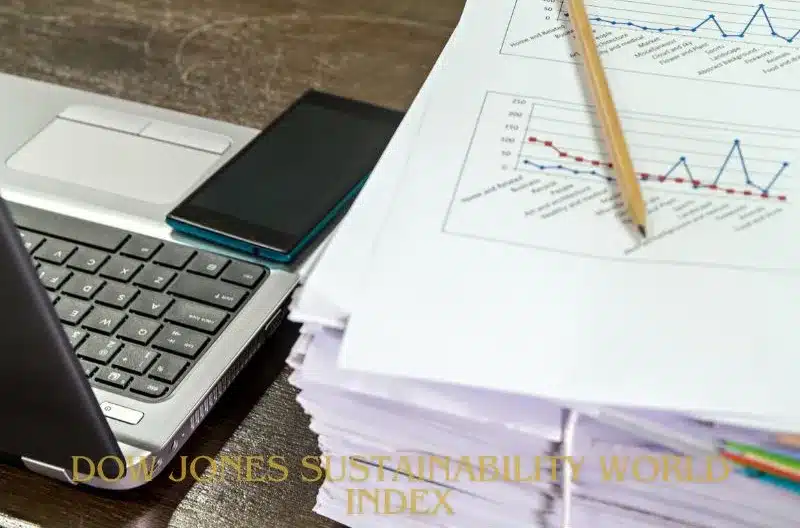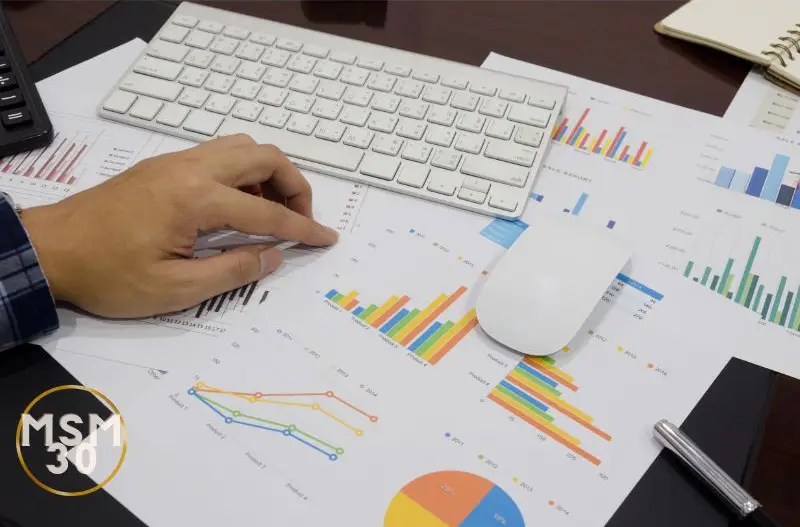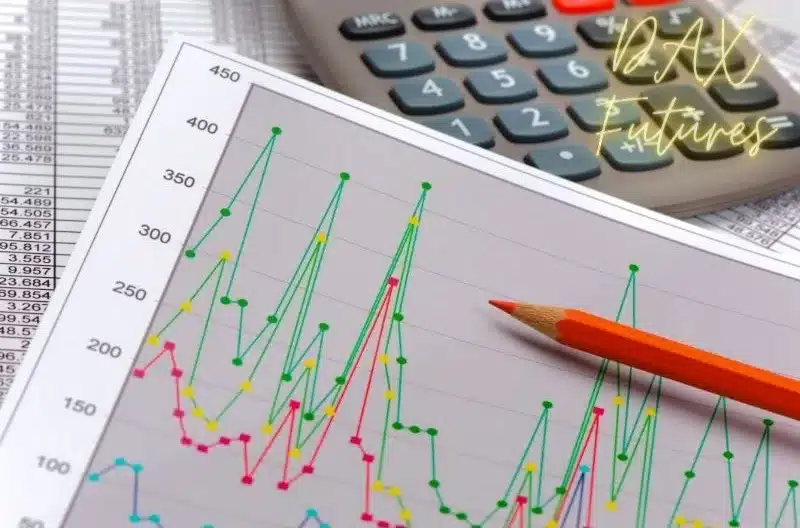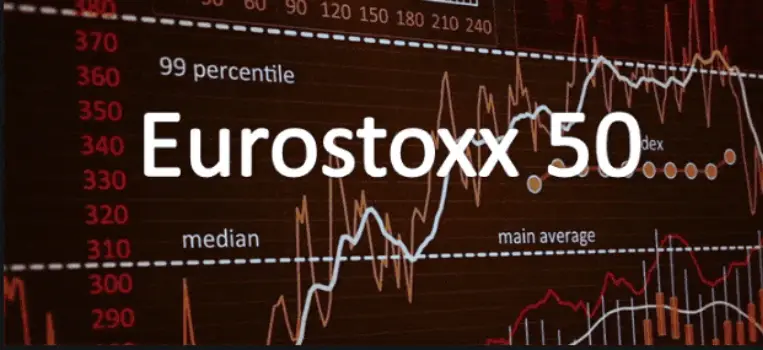The stock market in Morocco is a vital component of the country’s economy, playing a pivotal role in driving investment and economic growth. With a history dating back to the early 20th century, the Casablanca Stock Exchange has become one of the leading exchanges in Africa.
Investing in Moroccan stocks provides opportunities for both domestic and international investors to diversify their portfolios and capitalize on the country’s growing industries and sectors. The stock market also serves as a barometer for the overall health of the Moroccan economy, reflecting trends and developments that impact various sectors.
The main stock indices in Morocco include the Casablanca SE MASI Index, which tracks the performance of all listed companies on the exchange; the Casablanca SE MADEX Index, which focuses on domestic companies; and the Casablanca SE FTSE CSE Morocco 15 Index, which features 15 of the largest and most liquid companies in Morocco.
Overall, understanding and investing in the Moroccan stock market can provide valuable insights into one of Africa’s fastest-growing economies, making it an essential component for investors looking to expand their portfolios globally.
How Does the Stock Market Work in Morocco
The stock market in Morocco operates through the Casablanca Stock Exchange, also known as Bourse de Casablanca. It is the main stock exchange in the country where investors can buy and sell shares of publicly traded companies.
To invest in the stock market in Morocco, individuals can open a brokerage account with a licensed broker. They can then place orders to buy or sell stocks listed on the Casablanca Stock Exchange through their broker.
When investing in the stock market in Morocco, it is important to conduct thorough research on companies and their financial performance before making investment decisions. Investors should also consider factors such as market trends, economic indicators, and geopolitical events that may impact stock prices.
Five major stocks that have generated profit in the Moroccan stock market include:
- Maroc Telecom (IAM)
- Attijariwafa Bank
- Banque Centrale Populaire
- Morocco’s largest mining company – Managem
- OCP Group – one of the world’s largest phosphate exporters
Investing in the stock market in Morocco carries risks, as stock prices can fluctuate based on various factors. It is advisable for investors to diversify their portfolios and seek advice from financial professionals when making investment decisions.
What is the benefits of buying stocks in Morocco
Investing in the Morocco stock market can offer several benefits to investors. Some of the key advantages include:
1. Diversification: By buying stocks in the Morocco stock market, investors can diversify their investment portfolios and reduce overall risk.
2. Potential for high returns: The Morocco stock market has shown strong growth potential in recent years, offering investors the opportunity for high returns on their investments.
3. Access to emerging markets: Investing in the Morocco stock market provides exposure to an emerging market economy with significant growth prospects.
4. Currency diversification: Investing in stocks denominated in Moroccan dirham can help investors diversify their currency exposure and hedge against currency risk.
5. Regulatory framework: The Morocco stock market is regulated by the Moroccan Capital Market Authority (AMMC), which helps ensure transparency and investor protection.
When investing in the Morocco stock market, it is important for investors to conduct thorough research and due diligence before making investment decisions. Here are some tips and takeaways about investing in the Morocco stock market:
1. Understand the local economy: Investors should have a good understanding of the Moroccan economy, including key sectors, industries, and economic indicators that may impact stock prices.
2. Research individual companies: Before buying stocks, investors should research individual companies listed on the Morocco stock exchange to assess their financial health, performance, and growth prospects.
3. Consider using a broker: Investors may choose to work with a brokerage firm that specializes in trading on the Morocco stock exchange to access research reports, trading platforms, and expert advice.
4. Monitor political and economic developments: Political stability and economic conditions can have a significant impact on stock prices in Morocco, so investors should stay informed of any relevant news or events that may affect their investments.
5. Diversify your portfolio: To mitigate risk, investors should consider diversifying their investments across different sectors, industries, and asset classes within the Morocco stock market.
In conclusion, investing in the Morocco stock market offers numerous benefits for investors seeking diversification, high returns, and exposure to an emerging market economy. By following these tips and takeaways, investors can make informed decisions when buying stocks in the Morocco stock market.
The main stock indices in Morocco
Stock market indices are important indicators of the overall performance of a country’s stock market. They represent a basket of selected stocks that are meant to reflect the general trend of the market. In Morocco, one of the most important stock market indices is the Casablanca Stock Exchange (CSE) index.
The CSE index is composed of a selection of large and liquid stocks listed on the Casablanca Stock Exchange. It serves as a benchmark for investors to evaluate the performance of the Moroccan stock market as a whole. Other important indices in Morocco include the FTSE CSE Morocco 15 Index and the FTSE CSE Morocco All-Liquid Index.
The regulation of stock market indices in Morocco is overseen by the Moroccan Capital Market Authority (AMMC). The AMMC is responsible for ensuring transparency, fairness, and efficiency in the capital markets. They set rules and guidelines for companies listed on the exchange, as well as for financial institutions and investors.
One key regulation enforced by the AMMC is related to insider trading. This practice involves buying or selling securities based on non-public information, which can distort stock prices and harm other investors. The AMMC closely monitors trading activity to detect and prevent insider trading in order to maintain market integrity.
Overall, stock market indices play a crucial role in providing information about the health and performance of a country’s economy. In Morocco, these indices are regulated by the AMMC to ensure fair and transparent trading practices that benefit all participants in the capital markets.
Recap: The stock market in Morocco
The stock market in Morocco has experienced steady growth and development over the past few years, with an increasing number of companies listing on the Casablanca Stock Exchange. This has led to a more vibrant and dynamic market, offering investors a wide range of investment opportunities.
One of the key factors driving this growth is the country’s stable economic and political environment, which has helped to attract both domestic and foreign investors. Additionally, the Moroccan government has implemented various reforms to improve transparency and regulation in the market, making it more attractive to investors.
Despite these positive developments, there are still some challenges facing the Moroccan stock market, such as limited liquidity and a lack of diversification in terms of listed companies. However, efforts are being made to address these issues and further stimulate growth in the market.
Overall, the stock market in Morocco holds great potential for investors looking to tap into the country’s growing economy. With continued reforms and improvements, it is likely that we will see further expansion and development in the coming years.



